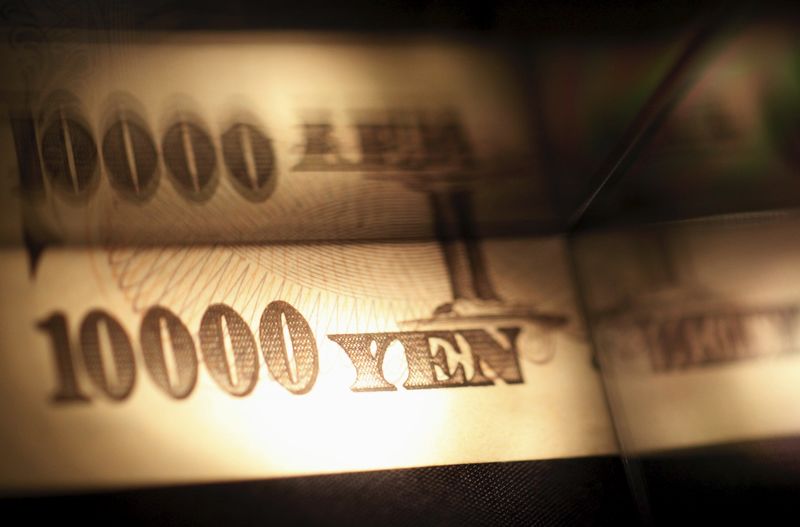Gold prices edge higher on raised Fed rate cut hopes
Remarks by Bank of Japan (BOJ) board member Naoki Tamura on Thursday have led to a rise in the yen, as he suggested interest rates should reach at least 1% by the second half of the fiscal year starting in April 2025. Tamura, known for his hawkish stance, indicated that the BOJ must act in response to mounting inflationary pressures from rising raw material and labor costs.
Tamura’s comments have fueled market expectations of a near-term rate hike, with the yen strengthening against the dollar, which fell to a two-month low of 151.81 yen. Furthermore, the yield on the two-year Japanese government bond (JGB) climbed to 0.765%, a level not seen since October 2008, as markets now estimate about a 50% chance of a rate hike in July.
The hawkish board member underscored that companies and households likely have inflation expectations already at the BOJ’s target of 2%. However, he emphasized the need for the BOJ to carefully time its rate hikes to avoid shocking a public accustomed to ultra-low rates. "Bearing in mind that short-term interest rates should be at 1% by the second half of fiscal 2025, I think the Bank needs to raise rates in a timely and gradual manner," Tamura stated in his speech to business leaders in Nagano.
Tamura’s speech comes after the BOJ increased interest rates last month to 0.5%, the highest since the 2008 global financial crisis, signaling its belief that Japan is on track to sustainably achieve its 2% inflation target. BOJ Governor Kazuo Ueda has indicated a willingness to continue raising rates if wage gains support consumption and firms’ ability to raise prices, though he has not specified the neutral rate for Japan.
The board member’s remarks also followed recent data indicating broadening wage hikes, including a survey released on Wednesday that showed a steady rise in base salary in December. This shift in wage dynamics marks a move away from the aggressive stimulus policies of former Governor Haruhiko Kuroda, which aimed at reinvigorating growth.
While a review in December acknowledged the positive impact of past stimulus, Tamura pointed out that it was "a stretch" to deem the overall effect as positive and called for scrutiny of potential future side effects, such as excessive declines in the yen.
This article was generated with the support of AI and reviewed by an editor. For more information see our T&C.
